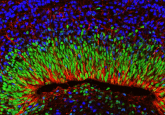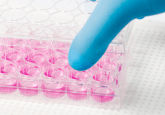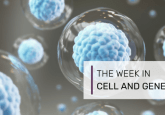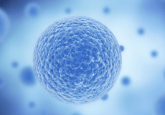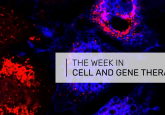Top 10: most viewed regenerative medicine content in 2021
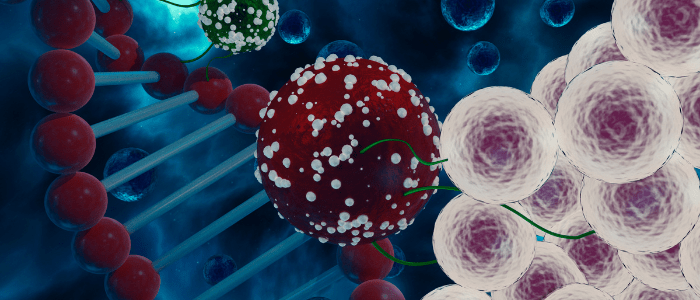
We’ve almost made it through another year; despite the continued disruption caused by COVID-19, 2021 saw enormous growth in the field of regenerative medicine. From the launch of new enabling technologies and the expansion of manufacturing capacity, to more and ever larger rounds of funding, read on to discover the top content on regenerative medicine published on RegMedNet in 2021.
In this ‘Ask the Experts’ feature, a panel of key thought leaders, Oren Ben-Yosef (Sartorius, Beit HaEmek, Israel), Barry Fuller (University College London and Royal Free London NHS Trust, London, UK) and Adam Higgins (Oregon State University, OR, USA), share their perspectives on current obstacles and future developments facing the cryoprotection field.
How can using iPSCs as starting materials help with transforming cell therapies into standard care? This infographic highlights the key features of iPSCs as starting materials, from donor consent through to commercial innovation.
In this interview, Kevin Alessandri (TreeFrog Therapeutics, Bordeaux, France) explored why the mass production of induced pluripotent stem cell (iPSC)-derived therapies remains a challenge.
Does the field of cell culture need a new paradigm? In this opinion, experts from Scientific Bioprocessing, Inc. (PA, USA) make their case for why it’s time to embrace the unthinkable.
Want more? Watch their webinar to learn more about how real-time sensing can debunk these so-called heresies. Watch now>>
Primary cells are reputable for their superior physiological relevance, while immortalized cells are an inexpensive and durable tool. However, these well-known properties are only the first considerations in any well-informed decision. In this webinar, experts from Cook MyoSite presented a beyond-the-basics comparison of the advantages of these valuable research tools.
Want more? Download the application now to learn how to make the best choice for your application using a case study of the immortalized C2C12 murine line. Download now>>
In this eBook, we took a look at what recent advancements have been made for CAR-T therapies, including different strategies that could help overcome various manufacturing obstacles. We also explore how the use of serum-free media has gained traction, especially when considering commercial-scale manufacturing.
In this interview, Brian Hawkins (Chief Technology Officer at Pluristyx™, WA, USA) shared how protocols surrounding advanced therapy medicinal product (ATMP) cryopreservation have changed over recent years, and what lessons can been learned from COVID vaccine distribution.
Adeno-associated virus (AAV) is rapidly becoming the go-to biological delivery method for the latest gene therapy breakthroughs; more than 1,300 unique gene therapy products are currently under development and nearly half are reliant on AAV. In this webinar, learn why the ability to scale production of these impactful therapies is critical to bringing down costs and accelerating the process from research to commercialization.
iPSCs are on a path to become a universal starting material in regenerative medicine and cancer therapy. The challenge of immune compatibility of these cells may be addressed using autologous or allogeneic approaches, the latter being suited for targeting broad patient populations. In this webinar, discover considerations for developing GMP-compliant manufacturing processes, requirements of donor eligibility and informed consent.
What regenerative medicine funding has been awarded this year? What grants are available for regenerative medicine and stem cell projects? What private or public bodies are funding research? In partnership with Dimensions, RegMedNet brings you access to a dynamic and comprehensive database which isn’t available for free anywhere else.
